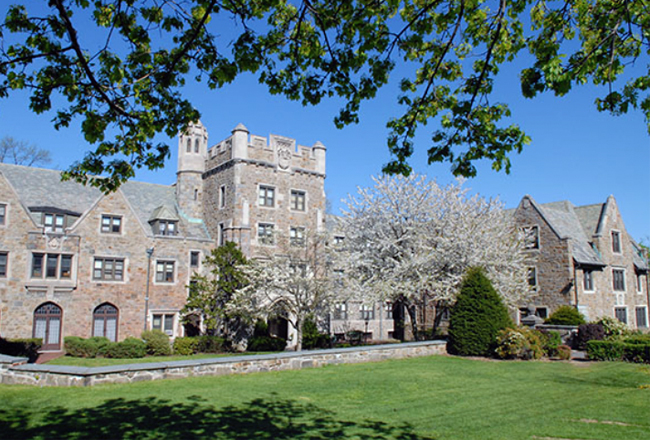A federal judge has approved a request by the Teamsters union to compel Norwalk, Connecticut-based AMEC construction company to arbitrate a dispute over employment of drivers at the Edge-on-Hudson project in Sleepy Hollow.
U.S. District Judge Cathy Seibel denied AMEC”™s motion to dismiss the Teamsters Local 456 complaint, and ruled that AMEC was bound by agreements that require disputes to be arbitrated.
The union grievance, she said in a July 30 opinion, seems to be exactly the type of dispute the parties agreed to arbitrate.

Edge-on-Hudson is a $1 billion project encompassing townhomes, condos and apartments; retail and office space; and parkland on the site of a former General Motors assembly plant.
AMEC Construction LLC won a $3 million contract in 2016, to demolish the factory foundations and recycle more than 100,000 tons of concrete and rebar, and a $7.7 million contract for site work and utilities.
AMEC recognized the Teamsters as the sole bargaining agent for its drivers for all on-site trucking and all deliveries to and from the site. The agreement incorporated terms under another collective bargaining agreement that required disputes to be handled by the American Arbitration Association.
In April 2017, the Teamsters claim that a company official said it would replace union drivers with nonunion employees, to be more competitive. After the layoffs, the union alleges that nonunion workers were seen doing jobs covered by the collective bargaining agreements.
The Teamsters filed a grievance and notified AMEC that it was referring the dispute to the American Arbitration Association. The company declined to arbitrate.
The Teamsters sued AMEC Commercial, the company that agreed to the collective bargaining agreement and the company that it says did the demolition work under a subcontract.
But Michelle Mazzola, AMEC Commercial vice president, said in a court filing that AMEC Construction did all of the work and AMEC Construction was not a party to the collective bargaining agreement.
The two companies, she said, are “separate and distinct.”
Both companies use the same business address in Norwalk, according to Connecticut registration records, and list Guy Mazzola, of New Canaan, as a principal member.
The companies share the same ownership and management, the Teamsters argued, they are a “double-breasted shop” under the collective bargaining agreements, and they must both abide by the agreements.
There is no serious dispute, Seibel ruled, that the arbitration clause is part of the deal. An arbitrator must decide if the collective bargaining agreements were still in effect when the union drivers were fired.



















